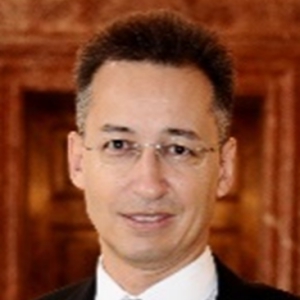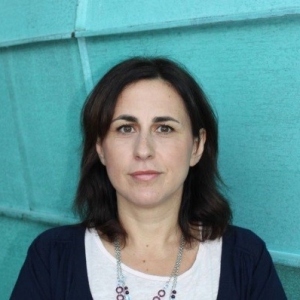Towards robot judges? Going beyond science fiction to grasp the real use of AI in European judicial systems today and challenges ahead
This session will take a snapshot of the current state of development of AI in European judicial systems, and will offer practical examples as to how AI can support the work of legal professionals and citizens, while detecting uses which may not be fully compatible with human rights. It will also highlight the main challenges from a governance perspective to ensure that AI is used fairly and efficiently within judicial systems.
Speakers

Georg Stawa
Former President of the European Commission for the Efficiency of Justice

Georg Stawa, former Judge, Head of Department for strategy, consulting and information-management in the Austrian Ministry of Constitutional Affairs, Reforms, Deregulation and Justice, acting as National Coordinator of EU-SRSS projects as well.
He participates in international research projects, is Guest Lecturer at the Plekhanov University of Economics Moscow and has been engaged in justice reform projects in countries of Central and Eastern Europe in leading positions. Mr. Stawa has a rich international experience consulting judicial reforms, mainly on issues ranging from justice reform strategies and actions plans, standardized methods, benchmarks and guidelines for monitoring and assessment of court performance and design of change management.
Georg Stawa was Secretary General in the Ministry of Justice for Deputy Prime Minister Brandstetter, is long-term member of the Commission for Efficiency of Justice (CEPEJ) of the Council of Europe, for which he served as President.

Clementina Barbaro
Secretary of the Working Group on the Quality of Justice, CEPEJ

Clementina Barbaro has been working for 16 years at the Council of Europe (CoE), of which seven at the European Commission for the Efficiency of Justice (CEPEJ). She is the Secretary of the CEPEJ Working Group on the Quality of Justice (CEPEJ-GT-QUAL), which is responsible for addressing guidelines and tools to the attention of European policy makers and judicial authorities on issues concerning the quality of justice services. In her capacity, Clementina has been closely involved in the development of policy documents of CEPEJ-GT-QUAL concerning the use of ICT in judicial systems, and more recently in the elaboration of the Ethical Charter on the use of artificial intelligence in judicial systems and their environment, which is the first ever document on this issue in Europe and in the world. She holds a Degree in Law and a Master’s Degree on Human Rights protection in Europe.

Yannick Meneceur
AI Adviser, Council of Europe

Yannick Meneceur is a French judge seconded to the Council of Europe, assigned as a policy advisor in digital transformation and artificial intelligence. He is also research fellow at the French institute of advanced studies on justice (IHEJ - Institut des Hautes Etudes sur la Justice) and has significant experience in criminal matters, in particular in the fight against cybercrime, in comparative analysis of European judicial systems and in change management with digital services. He is also a former student of a French institute of public administration (specialised in computer science) and was responsible for leading a major national IT project in France (Criminal courts). He is also an occasional speaker at the French school of judiciary (ENM – Ecole nationale de la magistrature) and national school of administration (ENA – Ecole nationale d’administration).


